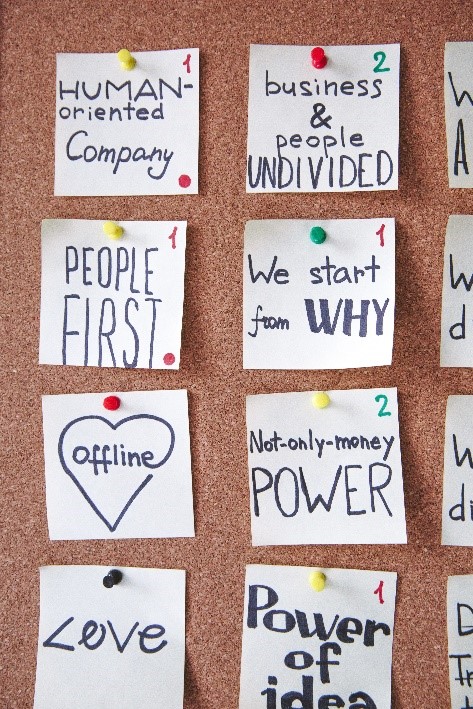If you find yourself in your 30s, chances are you’ve already spent a significant amount of time working in a particular job or industry. By now, you likely have a good understanding of your profession and the industry dynamics. However, many people in their 30s feel the urge to contemplate a career change.
The answer to the question of changing careers in your 30s is not a simple yes or no. You are constantly stringing together the beads of your career at every opportunity. Therefore, let’s first acknowledge that we no longer live in an era where people stick to one path for their entire lives. Individuals now evolve their careers throughout their lifetime. Additionally, thanks to the increased accessibility of resources, shifting careers has become easier as well.
However, with every opportunity or idea of change, one needs to undergo a thorough process of reflection and introspection to make an informed decision. In this article, we walk you through the processes of reflection which could help you with this decision.
Remember to reach out to a professional, if you feel confused and overwhelmed!

Reasons for considering a career change
There are several valid reasons that may prompt someone to contemplate switching careers in their 30s. Some common factors include:
- Loss of interest: You no longer find your current work engaging or fulfilling.
- Misalignment of values: Your personal values no longer align with those of your industry or organization.
- Lack of rewards: You feel that the rewards, whether financial or intrinsic, are insufficient or non-existent.
- Toxic work environment: The workplace culture is negative, affecting your well-being and overall job satisfaction.
- Financial struggle: You feel like you’re only working to make ends meet, with little room for growth or financial stability.
- Stagnation: Your current job offers limited opportunities for growth and advancement.
- Deviation from career goals: Your current career trajectory doesn’t match the vision you had for your professional life.
You may resonate with one or several of these reasons, and they serve as valid indicators to start reflecting on your career.
Emotions in current job
Reflecting on your emotions can provide valuable insights into your current job satisfaction. Consider the following questions:
- I don’t look forward to my day at office (Y/N)
- I am often fatigued by the end of the day (Y/N)
- I feel like pushing the day as it comes (Y/N)
- I push completion of my work until the last day (Y/N)
- I have started missing my office often (Y/N)
- I often dream of another job (Y/N)
- Please list any other feeling you may be experiencing:


Role of Beliefs
Many people feel trapped in their current job due to limiting beliefs. Here are some common beliefs that may hinder decision-making:
- Changing careers requires massive steps that I’m not ready for.
- Embracing change leads to instability, which is undesirable.
- It’s better to stick with the devil I know than venture into the unknown.
- Changing careers will set me back and make me a fresher in a new field.
- Who will take care of my family if I take a risk and change careers?
Take the time to identify any beliefs that may be limiting your decision-making process.
What to do next?
Once you have identified the reasons for you staying back, your emotions and beliefs, the next day look at these answers again. You will know exactly how much risk of change you can comfortably take without feeling anxious.
Further, you may want to answer following questions:
- What interests me now?
- What needs do I want my job to fulfil for me?
- What motivates me to do my job?
- What values are important for me in my job?
- What are my expected rewards from my job?
- What are some pre-requisites and discomforts of my expected job?
This in-depth process of reflection is expected to help you reach a conclusion to make a decision by yourself.

We at Butterfly Psychotherapy Center, under the Beehive-Preventive Mental Health Services offer workshops and webinars which help you build skills and process issues like these. Check out this space regularly to keep updated and have a chance to learn.

